Have you ever noticed your cat curling up right next to you—close enough to feel your warmth, but never quite letting their fur brush yours? It’s a curious, almost mysterious behavior that leaves many cat lovers both amused and a little bit heartbroken. Why do our feline friends choose closeness without contact? Is it love, caution, or something else entirely? Understanding this subtle dance of affection can unlock a whole new level of appreciation for the complex, enchanting world of cats.
The Nature of Feline Independence

Cats are famously independent creatures. Unlike dogs, who often crave physical closeness, cats evolved as solitary hunters. This doesn’t mean they don’t love their humans—it simply means their way of showing affection is a little different. Sleeping near you, but not on you, is a perfect example of how cats balance their need for companionship with their strong streak of independence. They want to be close, but they also want to maintain their personal space. This careful boundary is their way of saying, “I trust you, but I still need to be me.”
Trust Without Touch
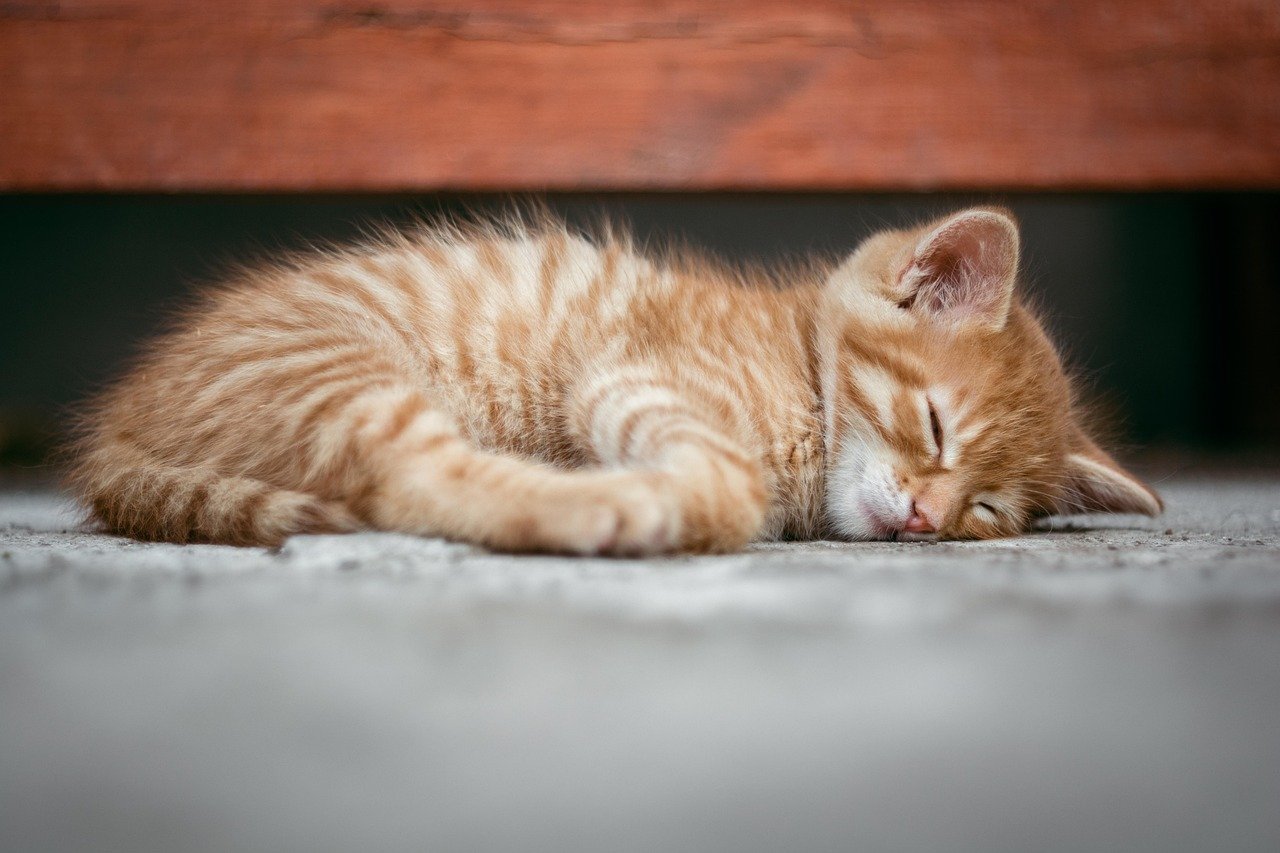
When a cat chooses to sleep near you, it’s a significant gesture of trust. In the wild, sleeping is when a cat is most vulnerable. If your cat curls up beside you, it means they feel safe in your presence. However, not touching you directly can be their way of keeping just a bit of control over their environment. They trust you enough to let their guard down, but they still hold onto a thread of caution—just in case. It’s a silent nod to both their confidence in you and their natural instincts.
Personal Space: A Cat’s Sacred Zone

Just like people, cats have their own ideas about personal space. For some, being near is enough—they don’t need or want constant physical contact. This isn’t about rejection; it’s about respecting their boundaries. Imagine a friend who loves to hang out but isn’t big on hugs. Your cat is saying, “I enjoy your company, but I need my bubble.” Respecting this can actually strengthen your bond, as your cat learns that you honor their comfort zones.
Scent and Territory
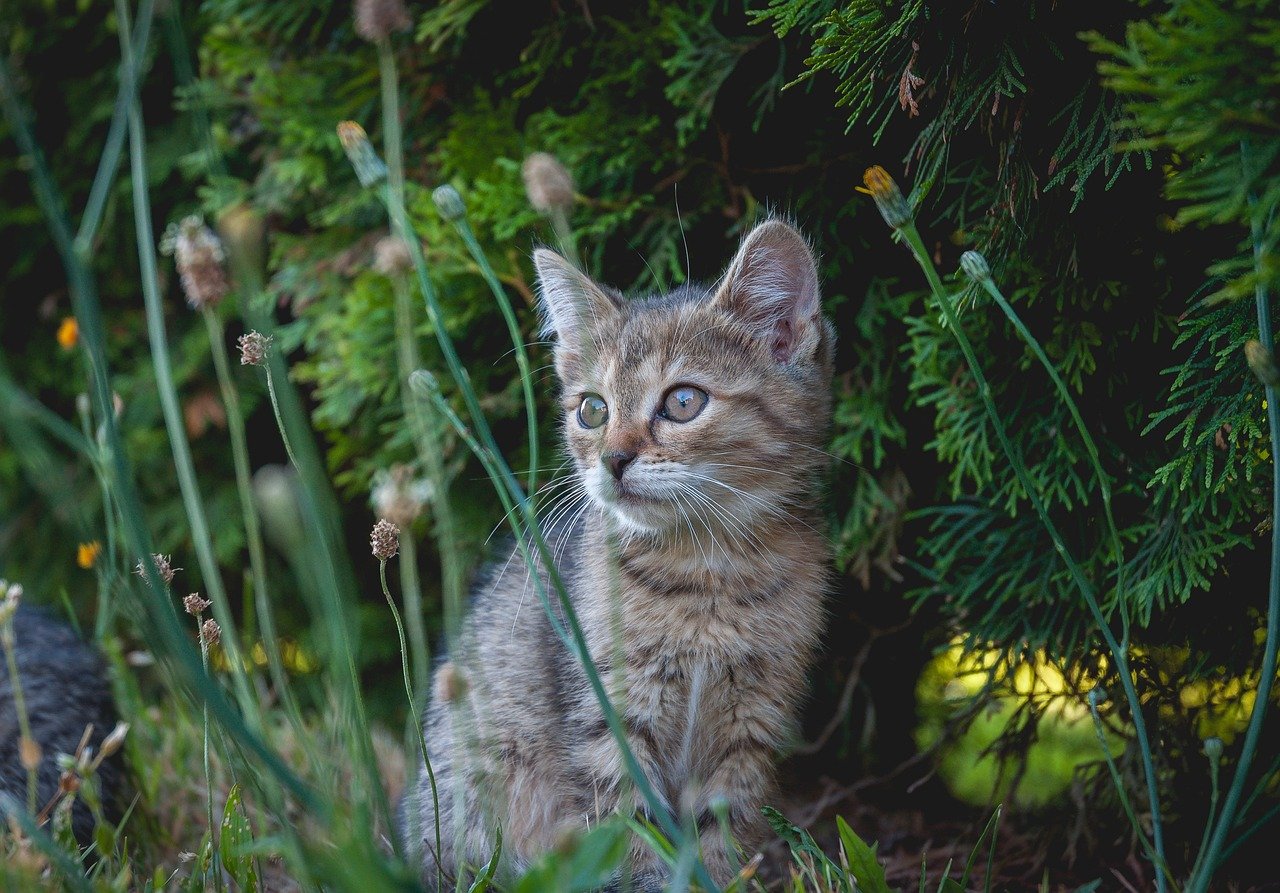
Cats rely heavily on scent to feel secure. By lying near you, your cat can bask in your familiar scent without mingling it too much with their own. This allows them to enjoy your presence while keeping their own scent profile intact. In the feline world, this is a subtle sign of trust and comfort. They’re marking you as part of their territory, but in a gentle, non-intrusive way.
Temperature Preferences

While cats love warmth, sometimes direct contact can get uncomfortably hot for them. Your body gives off plenty of heat, so being nearby lets them soak it in without overheating. Think of it as sitting by a cozy fireplace instead of right on top of it. This balance lets your cat enjoy the perfect temperature while still being close to you.
Old Habits from Kittenhood

Kittens learn a lot about social boundaries from their mother and littermates. If a cat grew up in a setting where space was respected, they might naturally gravitate towards parallel closeness rather than physical cuddling. This early lesson sticks with them into adulthood. So, if your cat prefers to be beside you rather than on you, they might just be following the comfortable patterns they learned as a kitten.
Sensitivity to Touch

Some cats are simply more sensitive to physical contact than others. Their fur and skin are loaded with nerve endings, making them particularly aware of every touch. What feels like a gentle pat to you might be overwhelming for your cat. Sleeping near you but not touching is their way of enjoying your company without the added stimulation of direct contact.
Body Language and Communication
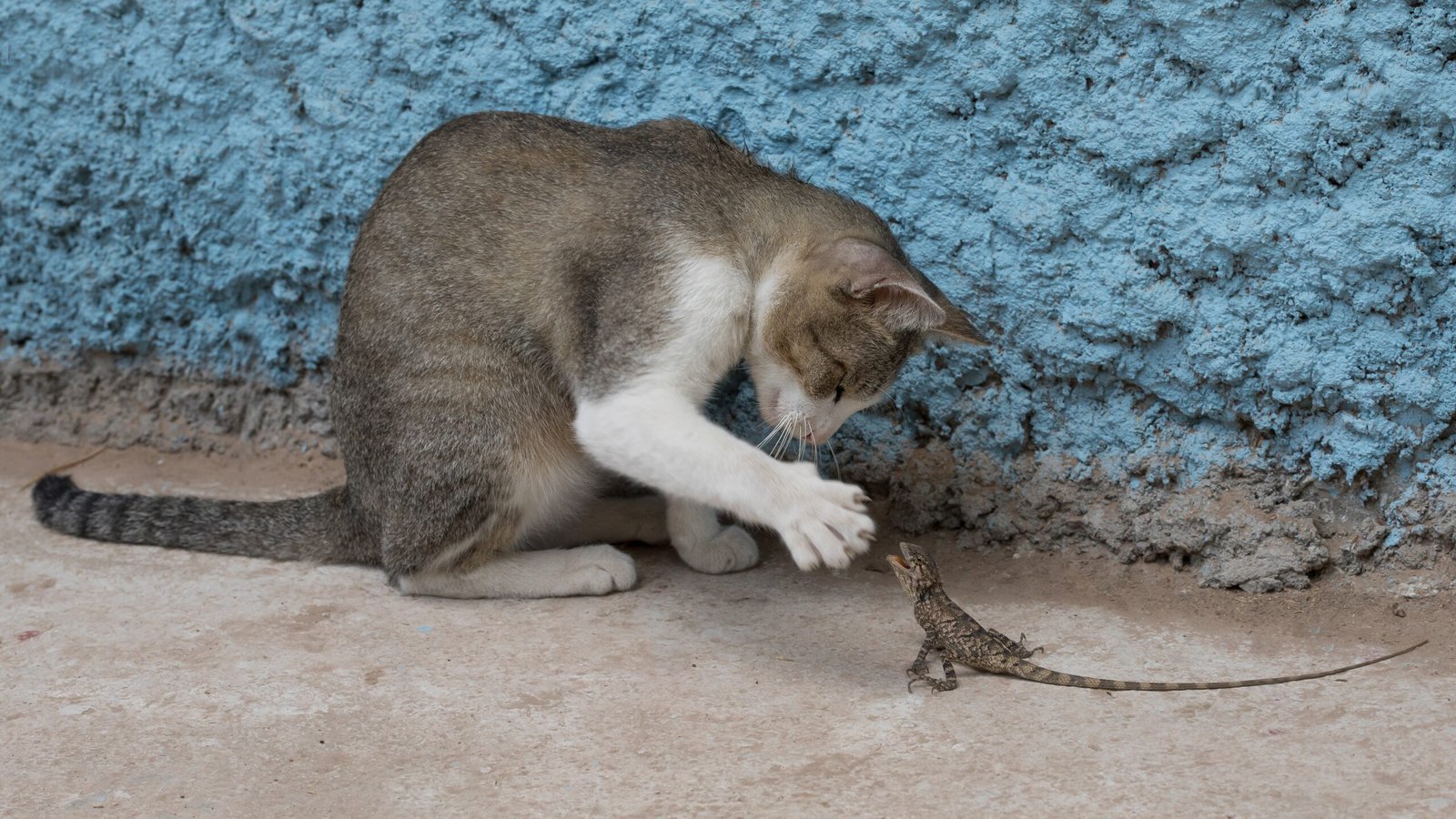
Cats communicate a lot through body language. By positioning themselves near you, but not on you, your cat is sending a message. They’re saying, “I like being with you, but I’m not in the mood for cuddling right now.” This subtle form of communication is easy to miss, but it’s deeply meaningful in the feline world. Paying attention to these cues helps you understand your cat’s feelings and needs.
Stress and Relaxation Balance

For some cats, too much closeness can actually be a little stressful. They may love you deeply, but the intensity of constant touch can make it hard for them to fully relax. By keeping a small distance, your cat finds the perfect balance between feeling safe and staying calm. It’s their way of managing stress while still showing affection.
The Role of Past Experiences

A cat’s history shapes their behavior. If they had negative experiences with being handled or restrained, they might be wary of too much physical contact—even with people they trust. Sleeping near you without touching is a compromise. It lets them stay close without triggering old fears. Over time, as trust grows, some cats may become more comfortable with physical affection.
Preference for Predictability

Cats thrive on routine and predictability. Direct contact can sometimes bring unexpected movements, noises, or changes in temperature. Lying nearby gives your cat plenty of comfort, but also lets them react quickly if something changes. This preference for predictability helps them feel secure and in control.
Social vs. Solitary Sleepers
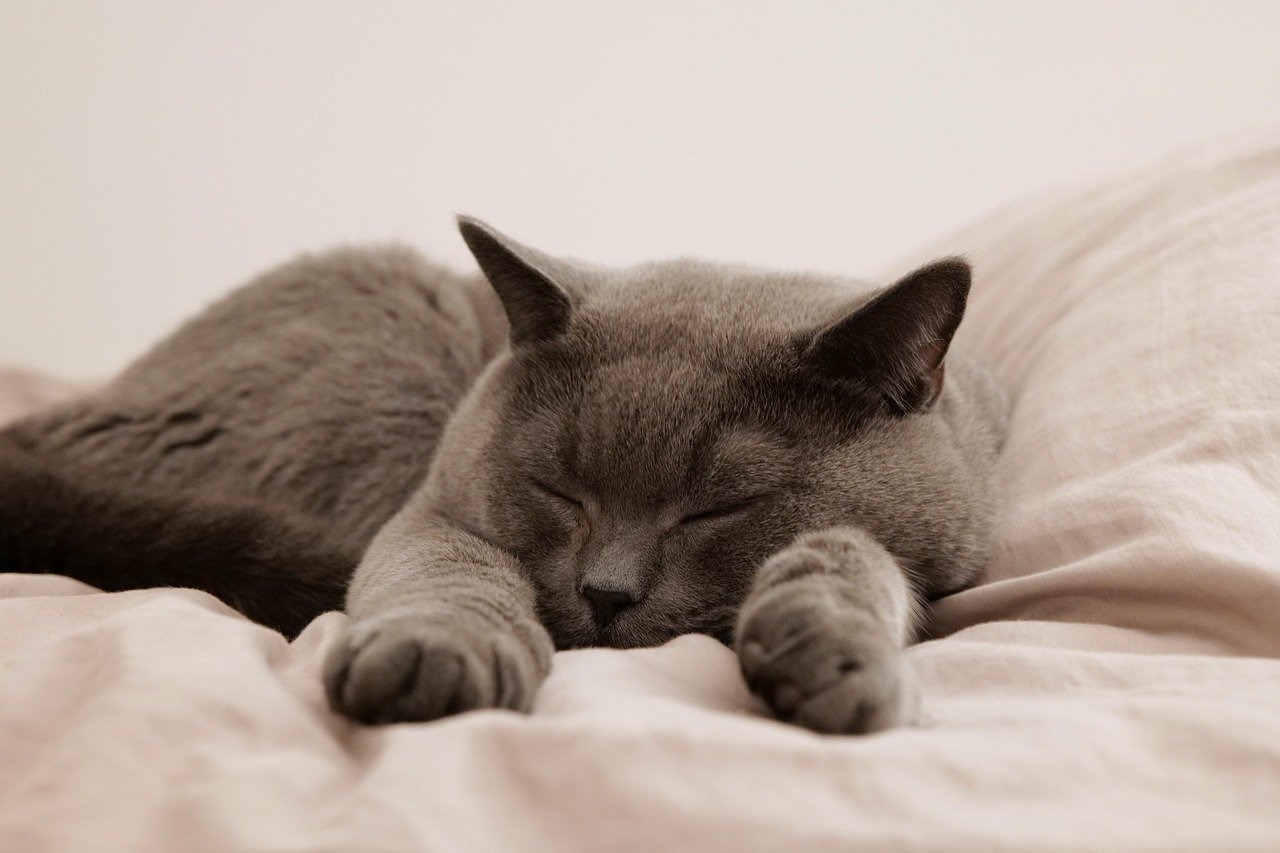
Just like people, cats have different personalities. Some are “social sleepers” who love to snuggle, while others are more solitary. If your cat prefers to sleep near you but not on you, it might simply be their unique personality shining through. Recognizing and honoring these differences can help you appreciate the special qualities of your own feline companion.
Observation and Curiosity

Cats are natural observers. Sleeping near you gives them a front-row seat to everything you do, even when their eyes are closed. They can keep tabs on your movements, listen to your heartbeat, and feel your presence—all from a safe but close distance. It’s their way of staying connected while still being watchful and curious.
The Influence of Breed
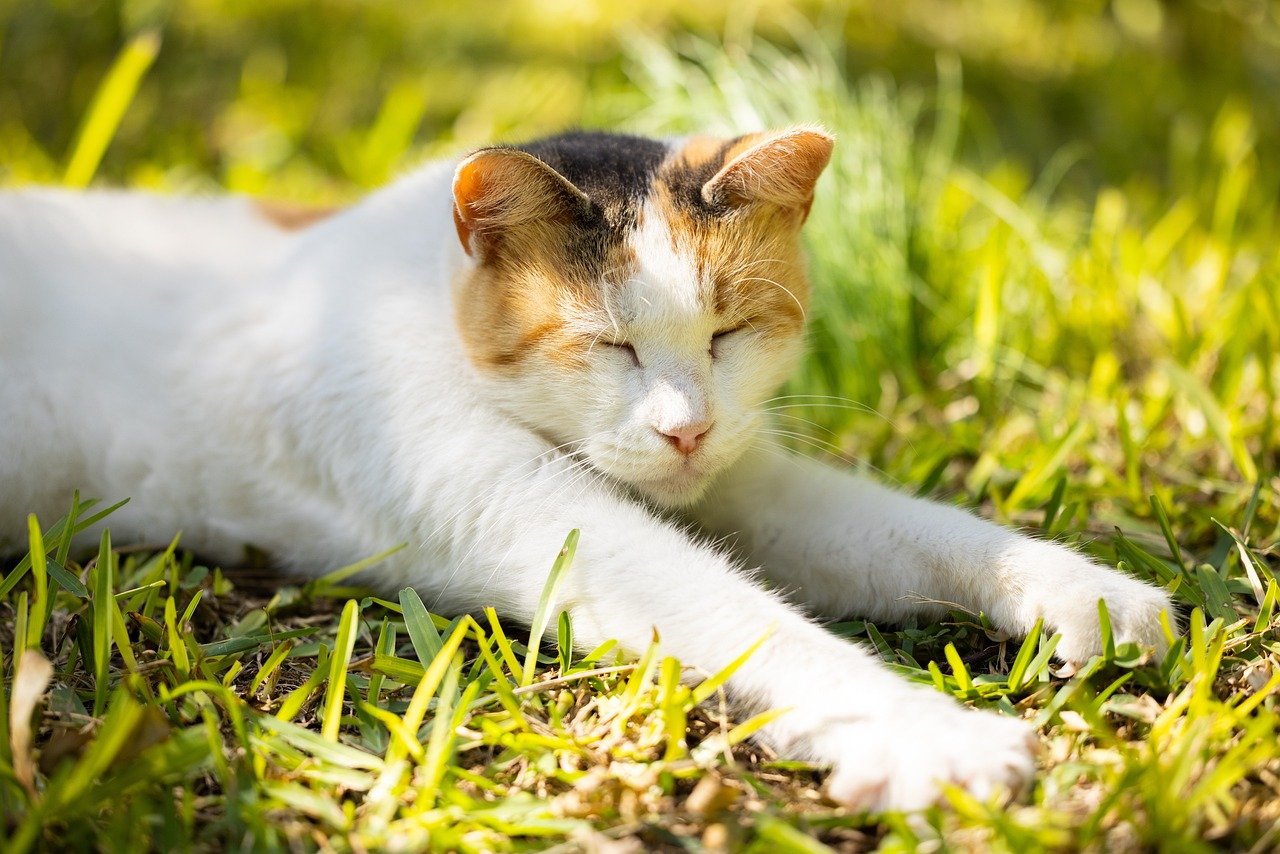
Some cat breeds are naturally more affectionate than others. For example, Ragdolls and Siamese cats are famously cuddly, while breeds like the Russian Blue or Bengal might prefer a bit more space. If your cat likes to sleep near you without touching, their breed tendencies could be a factor. Understanding this can help you set realistic expectations for your cat’s behavior.
Age and Changing Preferences
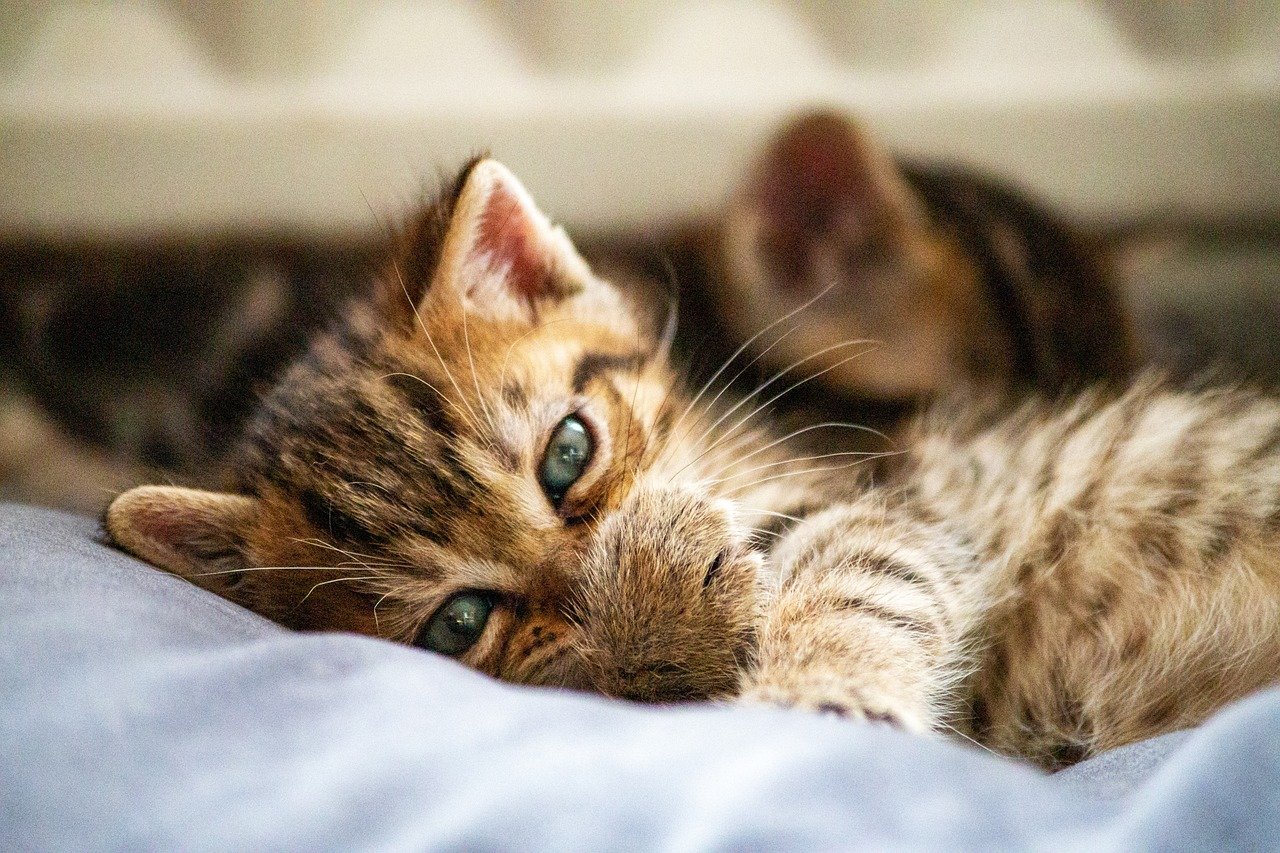
As cats age, their preferences for closeness can change. Kittens often seek warmth and comfort, while older cats may become more reserved. Health issues like arthritis can also make physical contact uncomfortable. If your cat seems to prefer sleeping near you rather than on you, it might simply be a sign of changing needs as they grow older.
Respecting Boundaries Builds Trust

Honoring your cat’s preference for space is one of the best ways to build trust. When you let your cat come to you on their own terms, you show that you respect their feelings. Over time, this mutual respect can deepen your bond and make your cat feel even more secure in your presence.
Nighttime Rituals and Routine
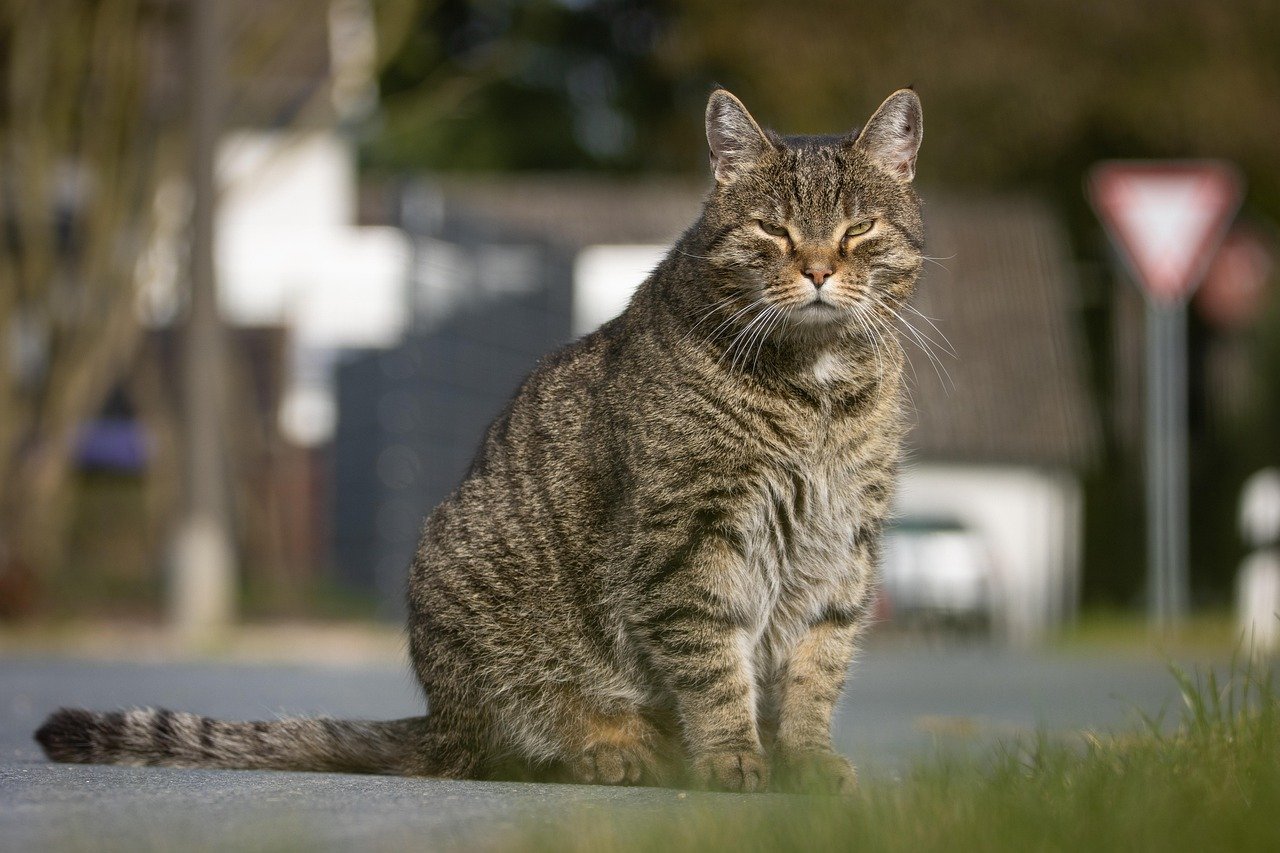
Many cats develop specific nighttime routines. For some, this means sleeping close to you but not actually touching. This pattern becomes a comforting ritual that helps them feel safe and settled. By sticking to these routines, your cat creates a sense of stability in their world.
Seeking Comfort Without Overstimulation
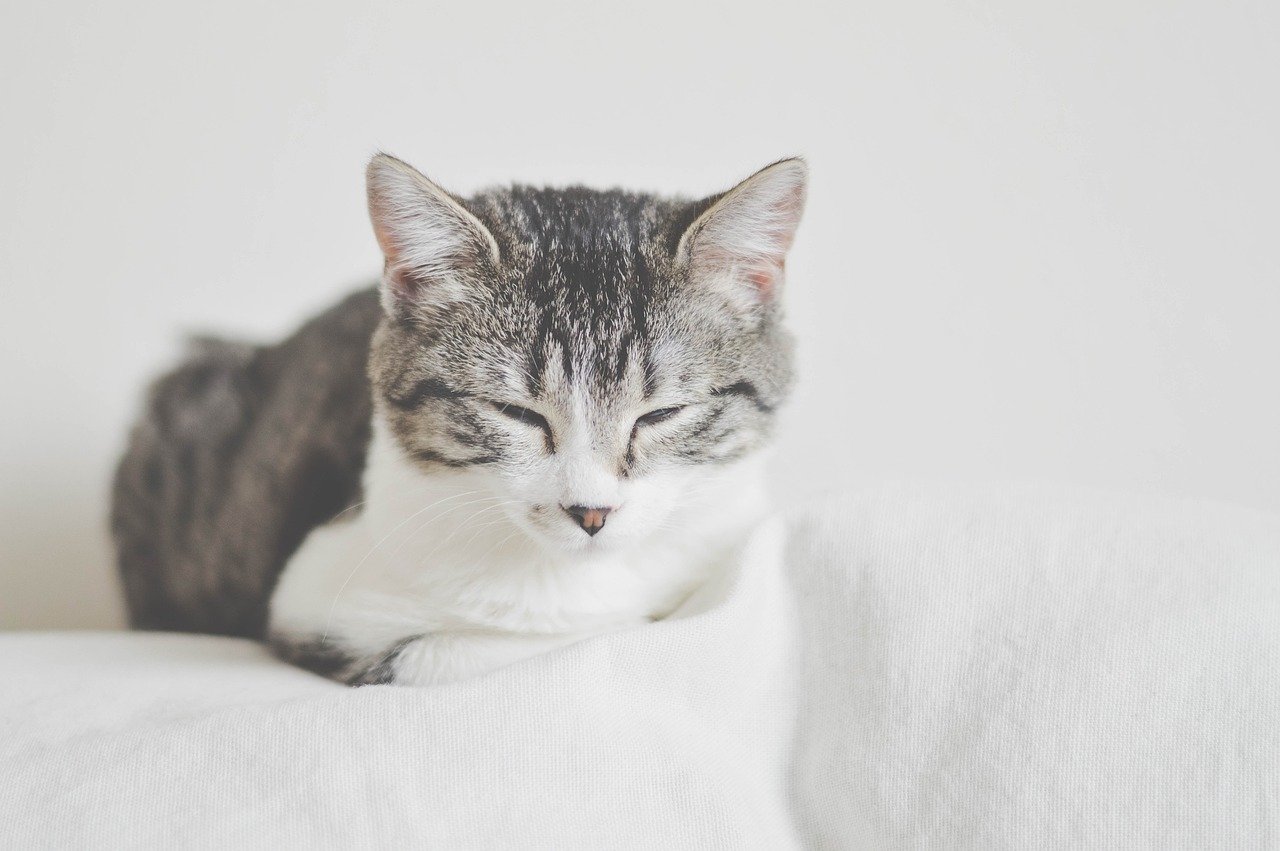
Cats love comfort, but they’re also easily overstimulated. Sleeping near you gives them the emotional comfort of your presence without the risk of being petted or moved unexpectedly. This allows them to fully relax while still enjoying the benefits of companionship.
Bonding on Their Own Terms

Cats are masters at setting the terms of their relationships. By choosing to sleep near you but not on you, your cat is showing affection in a way that feels right for them. This slow, gentle approach to bonding is a hallmark of feline love. It may not be as obvious as a snuggle, but it’s every bit as meaningful.
The Beauty of Subtle Affection
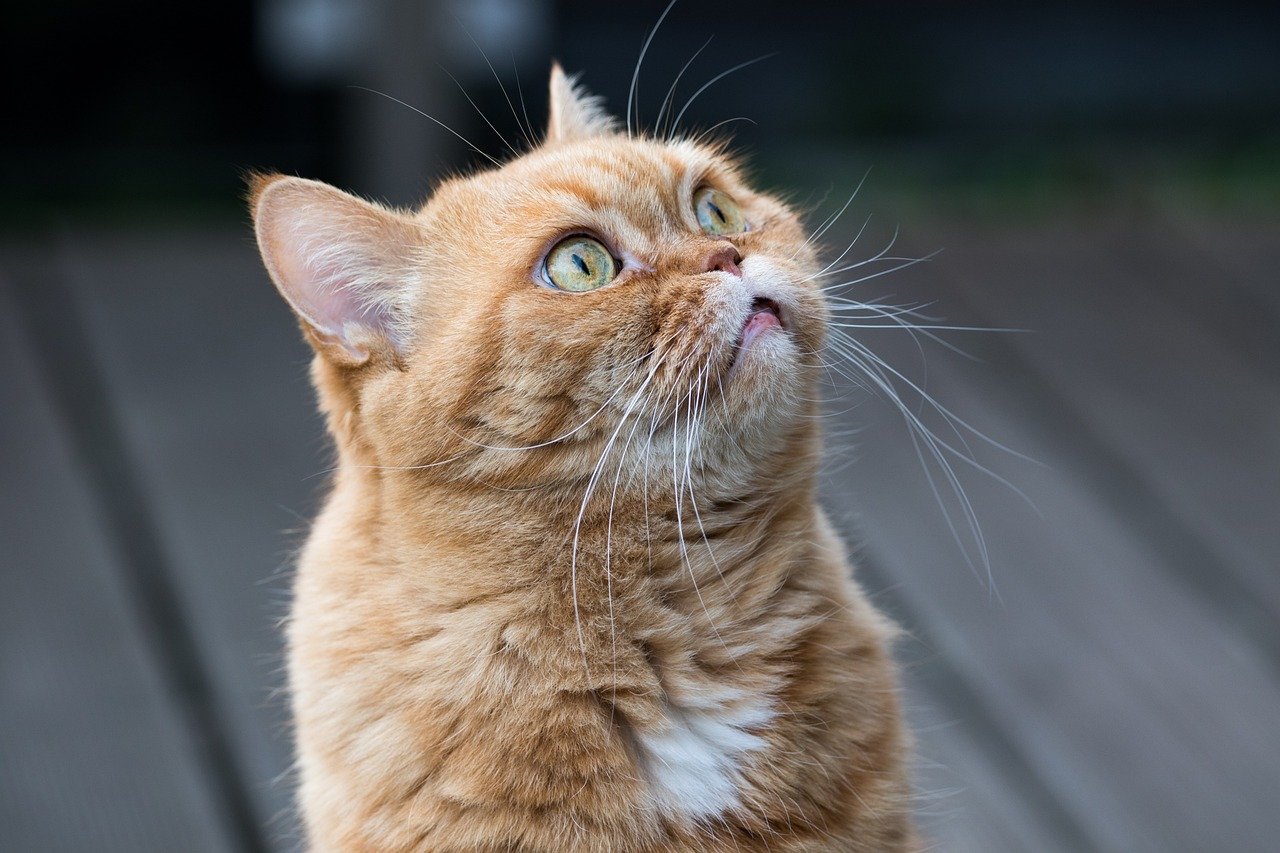
There’s something incredibly touching about a cat’s quiet, understated way of showing love. Sleeping near you without touching is a small but powerful gesture. It’s a reminder that affection doesn’t always require physical contact. Sometimes, just being close is enough to say, “You matter to me.”
Learning to Cherish Their Unique Ways

Understanding why your cat chooses proximity over touch can deepen your appreciation for their mysterious ways. Every cat shows love differently, and learning to notice these subtle signals can transform your relationship. After all, isn’t it a little magical how cats can say so much without ever uttering a word?
Hi, I’m Bola, a passionate writer and creative strategist with a knack for crafting compelling content that educates, inspires, and connects. Over the years, I’ve honed my skills across various writing fields, including content creation, copywriting, online course development, and video scriptwriting.
When I’m not at my desk, you’ll find me exploring new ideas, reading books, or brainstorming creative ways to solve challenges. I believe that words have the power to transform, and I’m here to help you leverage that power for success.
Thanks for stopping by, Keep coming to this website to checkout new articles form me. You’d always love it!





